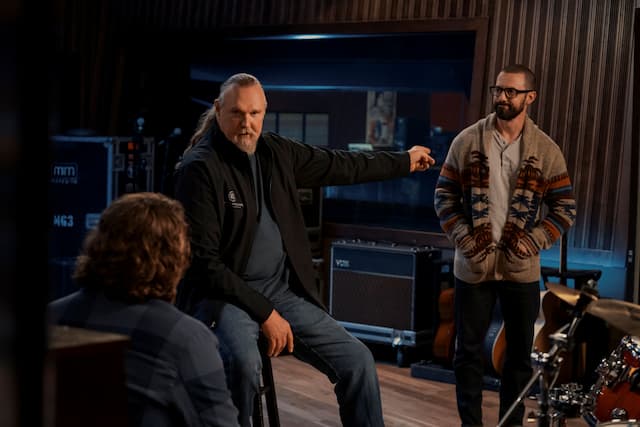The Language of Leadership: When I Say WE and I Say I - Ron Edmondson
I was talking with someone about the early days of church planting. We had not yet officially formed a core group and the initial staff members had not committed. As I told my story, I kept using words such as “our” and “we”. Towards the middle of the conversation the person stopped me and asked, “Who’s ‘we’?”
The fact is I was talking about me most of the time. But I confused him with my verbiage by using inclusive words. I wasn’t trying to be confusing. It’s simply a habit I’ve formed. Team vocabulary is a large part of encouraging healthy teams.
I love team-building so much I’ve disciplined myself to talk in a collective sense whenever possible.
It always sounds so controlling, prideful, and even arrogant when I hear leaders use the words “I”, “me, and “my” when referring to their team, church or organization.
As an example, take a worship pastor. I have worked with some of the most talented people. When I refer to them, I don’t say “He/she is my worship leader”. They are “our worship leaders”. I don’t want to portray to them or others that they work for me. We work together as a team.
Semantics?
This may seem to just be semantics, but to me it’s an important issue for leaders to think through. If we truly want to create a team environment we must develop team vocabularies.
There are a few times when I use words referring to me, such as:
- When making a specific request – “I am asking you to do this for the team.”
- When offering a personal opinion, which may or may not be shared by others – “I think we should…”
- When asking a question or stirring discussion – “I wonder if we could…”
- When giving a specific, personal compliment – “I want to thank you for the incredible work you did.”
When I am speaking on behalf of the team or referring to team members, however, I try to use a collective term.
- There are so many opportunities. Let me check with our team.
- We have been stretched as a staff recently. We need to pace ourselves.
- I am so proud of our team.
- What do you think we should do? I really want to hear your opinion.
- Our family ministries have had an exceptional summer.
Those are inclusive phrases. My advice is to default to words like “we” and “our” whenever possible – even if people have to ask you who the “we” is to whom you are referring.
The more we talk like a team the more our culture will feel like a team.
Have you had a leader who abused team vocabulary?
(You may want to read my post on a leader’s vocabulary.)





